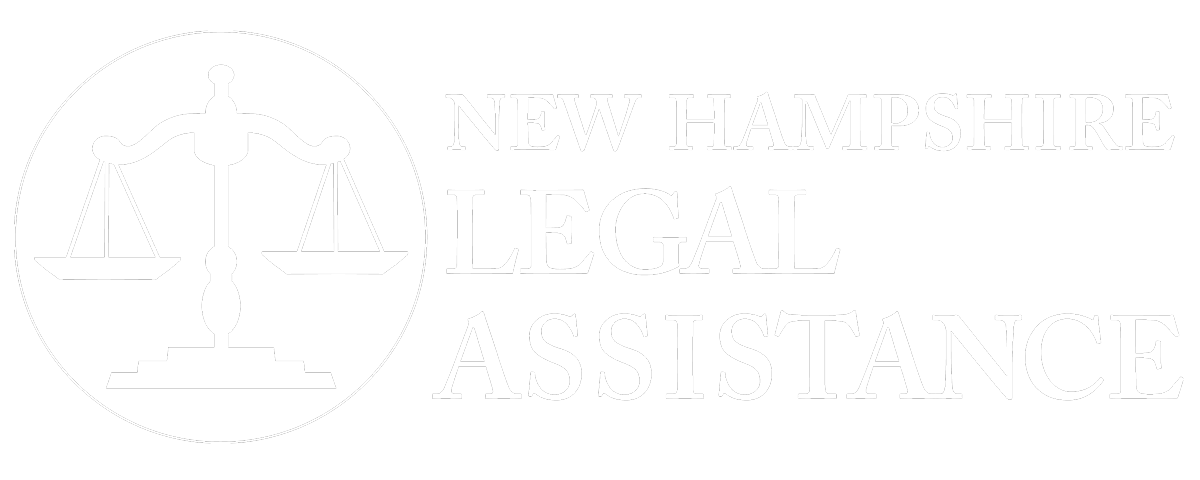Helping Granite Staters Navigate the Local Welfare System
Every day, NHLA works to make justice a reality for people who experience economic hardship that threatens their basic human needs. One of NHLA’s key crisis-prevention strategies is our advocacy related to New Hampshire’s “local welfare” statute. Local welfare assistance is the last-resort safety net for low-income people on the verge of homelessness or another emergency that puts their health or safety at risk.
Under New Hampshire state law, local welfare departments are required to step in to provide vouchers for rent, electric bills, food, or medication, and/or to connect people with resources like homeless shelters and food pantries.
People seeking local welfare must apply with their local municipality, each of which has their own application procedures. In this decentralized system, people often face significant barriers. For example, some smaller municipalities are unaware of their legal obligations to help their residents, and some larger cities impose improper eligibility standards.
On the brink of homelessness and unable to get assistance
Margaret was an accountant before she became physically unable to work. Facing homelessness if she couldn’t pay rent on the apartment she shared with her teenaged daughter, she turned to her town for help. Unfortunately for Margaret, her town wasn’t following state rules for its local welfare program. It did not have written guidelines explaining the application process, eligibility criteria, covered expenses or appeal process, as required by state law.
When she was denied rent assistance, Margaret asked for a written notice of the denial. Town officials refused to provide one, which is also against state law. By this time, Margaret had contacted legal aid and was informed about her rights, so she submitted a written request for a hearing. Eventually, she and the town reached a legal agreement, and she and her daughter were able to stay in their home.
“I never want someone else to have to go through what I went through,” she said. “The moment I fell on hard times, it was like they said to me, ‘you’re nothing, you’re dirt.’ When I knew what they were doing was wrong, I wondered, how many other people have they done this to?”
Know Where to Get Help
To ensure that people in crisis receive the help to which they are entitled, NHLA has developed a “person of the day” system which enables clients who have been denied assistance to contact NHLA for near-immediate connection with a trained advocate. From there, advocates work to resolve the conflict informally, but are prepared to appear at municipal welfare hearings or even go to court if needed.
NHLA is the only organization in the state offering this highly specialized crisis-prevention advocacy. Without NHLA’s legal services in local welfare cases, more individuals and families would be at significant risk of homelessness and other precarious situations.
If you have trouble applying for local welfare assistance or are unfairly denied assistance, NHLA may be able to help. Apply for assistance by contacting 603 Legal Aid at 603-224-3333 or www.603legalaid.org.


